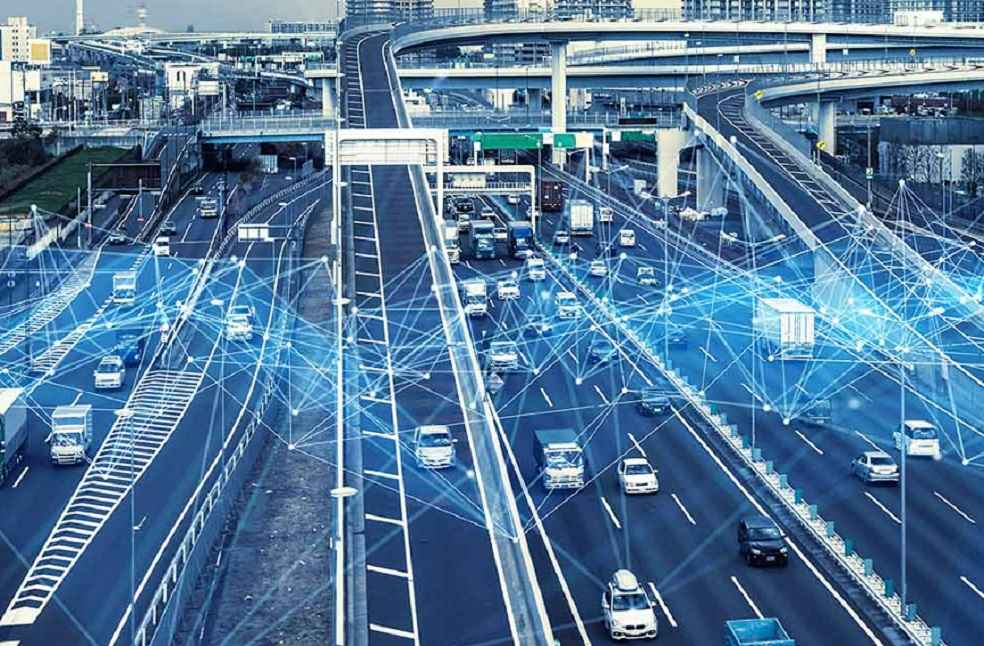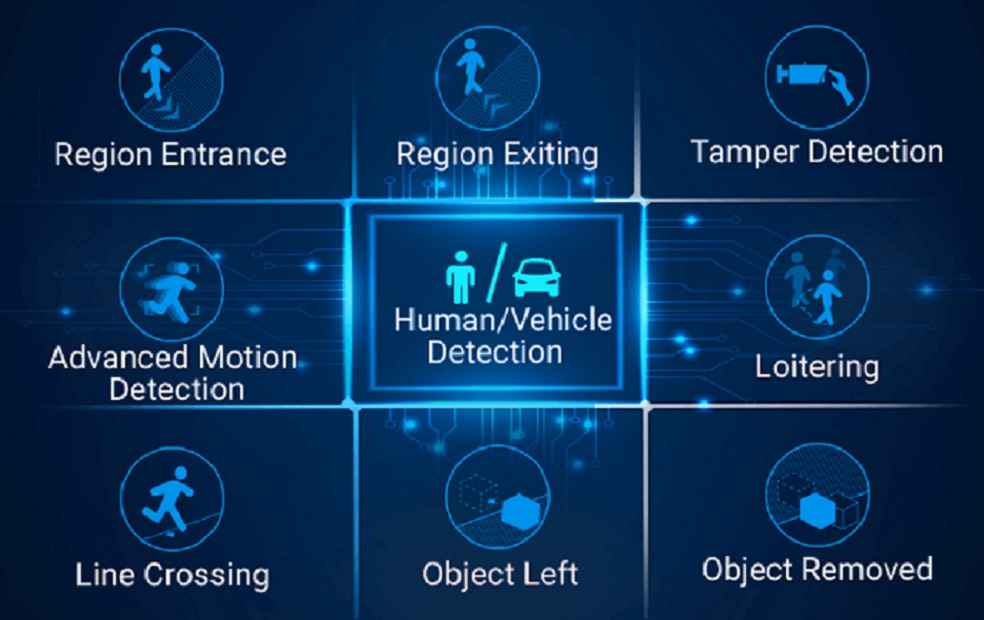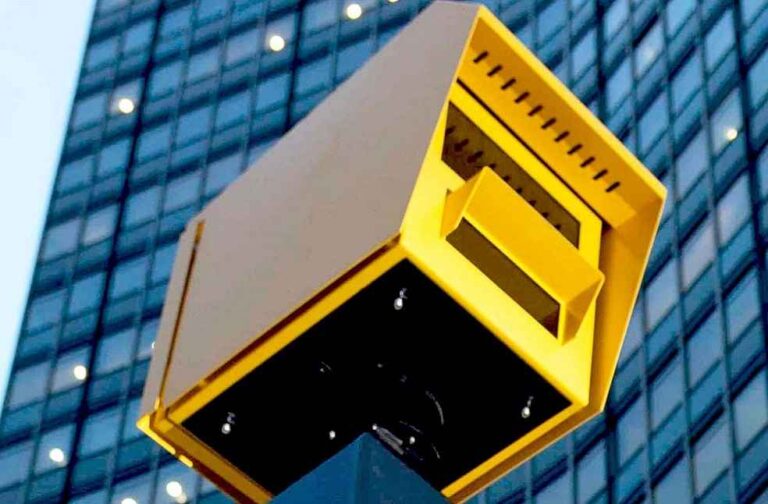The UK has recently installed the world’s first artificial intelligence speed camera, Redspeed Sentio, in Lambeth, South London. Developed by Redspeed International, the Sentio boasts 4D radar and super-resolution cameras that allow it to scrutinize drivers’ actions inside their vehicles. The camera can detect offenses such as using mobile phones, not wearing seatbelts, or carrying too many passengers.
The Redspeed Sentio can also be linked to DVLA and police databases for real-time tax and insurance verification. Capable of monitoring six lanes of traffic simultaneously, the camera can be combined with other units to assess average speeds. Solar-powered, it operates day and night, offering constant surveillance.
 Despite the potential for improved road safety, critics argue that this technology infringes on personal privacy. Brian Gregory from the Alliance of British Drivers described the AI speed camera as “Big Brother’s cash machine,” suggesting that its primary purpose is revenue generation rather than accident prevention. Lawyer Nick Freeman, a specialist in motoring offenses, also expressed concerns about the lack of human discretion in traffic enforcement.
Despite the potential for improved road safety, critics argue that this technology infringes on personal privacy. Brian Gregory from the Alliance of British Drivers described the AI speed camera as “Big Brother’s cash machine,” suggesting that its primary purpose is revenue generation rather than accident prevention. Lawyer Nick Freeman, a specialist in motoring offenses, also expressed concerns about the lack of human discretion in traffic enforcement.
Privacy concerns have been further emphasized by Jake Hurfurt, head of Big Brother Watch, who called the technology “intrusive and creepy” and claimed that it “poses a threat to everyone’s privacy.”
In contrast, safety groups highlight the benefits of speed cameras, noting a 58% reduction in fatalities within 1,600 feet of camera sites. As the Redspeed Sentio undergoes a trial by Transport for London (TfL), officials have assured the public that the AI functionality will not be used, and no tickets will be issued during this period. The camera must pass the trial and receive Home Office approval before full-scale implementation can proceed.
 London Mayor Sadiq Khan is among those advocating for more speed cameras, which currently number just under 1,000 in London. In the 2021-2022 period, UK speed cameras collected £45.7 million in fines, fueling accusations that they primarily serve as money-spinners.
London Mayor Sadiq Khan is among those advocating for more speed cameras, which currently number just under 1,000 in London. In the 2021-2022 period, UK speed cameras collected £45.7 million in fines, fueling accusations that they primarily serve as money-spinners.
As AI-powered speed cameras become a reality in the UK, the debate between road safety and personal privacy will likely continue to intensify. The outcome of the TfL trial and Home Office approval process will play a significant role in shaping the future of AI speed cameras in the UK and beyond.
AUTO TECH: China’s Tech Surge Rattles US Stocks: A New Global Power Shift Looms





